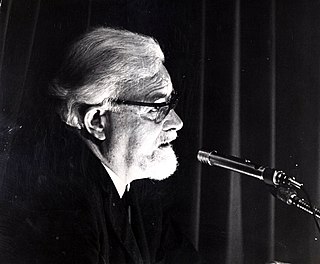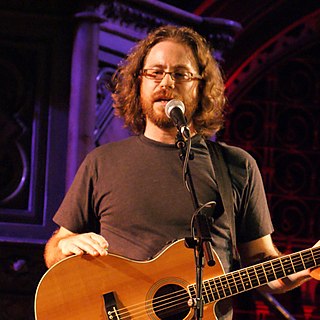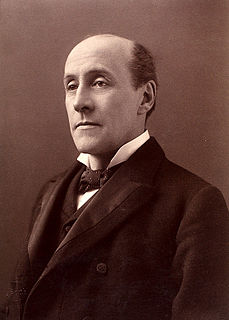A Quote by Yoko Ono
I want to incite people to loosen their oppression by giving them something to work with, to build on. They shouldn't be frightened of creating themselves - that's why I make things very open, with things for people to do.
Related Quotes
Americans are interested because they are open-minded. They have an education system that teaches them to find out for themselves why things are the way they are. Open-minded people tend to be interested in Buddhism because Buddha urged people to investigate things - he didn't just command them to believe.
I think LEGOs are one of the best toys ever developed. While LEGOs are sold in kits in order to build specific things, there [are] very few people who leave their LEGOs in those kits. It very rapidly becomes an open system where you can build whatever you want. That's the one thing that signifies my entire life and my career. I learned at an early age that I could make the things that I wanted. That's a very powerful thing to realize as a kid. LEGOs were a key part of that.
Nobody can be saved from anything, unless they save themselves. It is hopeless doing things for people - it is often very dangerous to do things at all - and the only thing worth doing for the race is to increase its stock of ideas. Then, if you make available a larger stock, people are at liberty to help themselves from out of it. By this process the means of improvement is offered, to be accepted or rejected freely, and there is a faint hope of progress in the course of millennia. Such is the business of the philosopher, to open new ideas. It is not his business to impose them on people.
We aren't defined by our work. People think if you over-identify with your work, then that must mean you're giving over too much of yourself to it, that there's something wrong with that. We're trained to believe in things like work-life balance. So much work is tending towards service. It's very much about creating experiences rather than products, and it makes those boundaries between life and work very slippery.
You want people to think. You want people to be emotionally moved. And there's a theory behind that in terms of storytelling. It has been around for thousands of years. And that's where something like live theater or a live performance is something that is very valuable because you get instant feedback from your audience and you kind of know the things that work and the things that don't work.
People with good work habits have to-do lists that are reasonably prioritized, and they make themselves do what needs to be done. By contrast, people with poor work habits almost randomly react to the stuff that comes at them, or they can't bring themselves to do the things they need to do but don't like to do (or are unable to do).
We’re surrounded by anonymous, poorly made objects. It’s tempting to think it’s because the people who use them don’t care - just like the people who make them. But what we’ve shown is that people do care. It’s not just about aesthetics. They care about things that are thoughtfully conceived and well made. We make and sell a very, very large number of (hopefully) beautiful, well-made things. our success is a victory for purity, integrity - for giving a damn.
Machines help us do things more quickly and efficiently, but they can also destroy some community activities. Machines can also throw the weakest people out of work and this would be sad, because their small contribution to the housework or cooking is their way of giving something to the community. People who are capable of doing things very quickly with the help of machines become tremendously busy, always active, in charge of everyone - a bit like machines themselves.
I’m curious about things that people aren’t supposed to see—so, for example, I liked going to the British Museum, but I would like it better if I could go into all the offices and storage rooms, I want to look in all the drawers and—discover stuff. And I want to know about people. I mean, I know it’s probably kind of rude but I want to know why you have all these boxes and what’s in them and why all your windows are papered over and how long it’s been that way and how do you feel when you wash things and why don’t you do something about it?








































